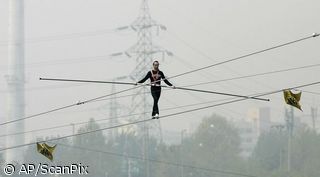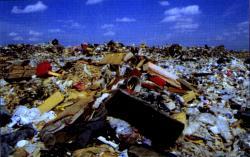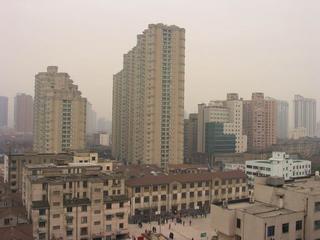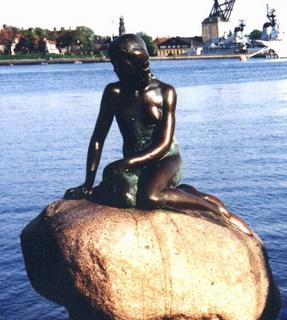Millions of Russian-speaking former citizens of the Soviet Union play a key part in the Russian economy by sending billions of rubles back to their own republics while they work in Russia
Published:
25 March 2003 y., Tuesday
Some of the workers build dachas in the Moscow region, while others drive trolleybuses in Moscow, sell vegetables in open markets or bring in the harvest in agricultural regions.
For the many families of these laborers, the paychecks are their key to survival. About a quarter of the households in Armenia and Azerbaijan are dependent on transfers from family members working in Russia, said Zhanna Zaionchkovskaya, head of the Academy of Sciences' Center for Migration Studies.
Families in other republics, including Georgia, Ukraine, Moldova and Tajikistan, also count on the money, but there are no reliable figures on the amounts involved, she said.
Nationalities Minister Vladimir Zorin said last year that 2 million Armenian and 1.5 million Azeri migrants are in Russia, while the next-largest groups are from Ukraine, Moldova and Tajikistan.
But most of the migrants are not registered in Russia, leaving them open to exploitation and extortion from employers and law-enforcement agencies.
Many of the workers are ethnic Russians unable to get citizenship since the government made it more difficult last year. Many have been living and working in the country for years. The law on foreigners, introduced in November, is intended to either legalize these workers or kick them out.
Šaltinis:
themoscowtimes.com
Copying, publishing, announcing any information from the News.lt portal without written permission of News.lt editorial office is prohibited.
The most popular articles
 Moon bears pierced with metal tubes to extract an ingredient used in medicine have been saved from captivity in China.
more »
Moon bears pierced with metal tubes to extract an ingredient used in medicine have been saved from captivity in China.
more »
 Georgian acrobat Ramaz Garshaulishvili is trying to revive interest in the circus by demonstrating his rope walking skills.
more »
Georgian acrobat Ramaz Garshaulishvili is trying to revive interest in the circus by demonstrating his rope walking skills.
more »
 The latest trend for New Yorkers who are low on storage space - storing clothes in the oven and kitchen cupboards.
more »
The latest trend for New Yorkers who are low on storage space - storing clothes in the oven and kitchen cupboards.
more »
 Around the world 10 million people live in refugee camps - more than the population of several small European Union countries combined.
more »
Around the world 10 million people live in refugee camps - more than the population of several small European Union countries combined.
more »
 On World Press Freedom Day on 3 May the Commission will officially launch the Lorenzo Natali Prize for 2010.
more »
On World Press Freedom Day on 3 May the Commission will officially launch the Lorenzo Natali Prize for 2010.
more »
 What was once some of Albania's most beautiful coastline has been turned into toxic dumping grounds. Deborah Lutterbeck reports.
more »
What was once some of Albania's most beautiful coastline has been turned into toxic dumping grounds. Deborah Lutterbeck reports.
more »
 A set of two-square-metre capsule apartments in Beijing give struggling individuals a chance to have their own space.
more »
A set of two-square-metre capsule apartments in Beijing give struggling individuals a chance to have their own space.
more »
 The World Bank is adding its weight to efforts to save the world's endangered tigers.
more »
The World Bank is adding its weight to efforts to save the world's endangered tigers.
more »
 The statue of the Little Mermaid that has sat atop Copenhagen's harbour for nearly a hundred years is unveiled at the Shanghai World Expo.
more »
The statue of the Little Mermaid that has sat atop Copenhagen's harbour for nearly a hundred years is unveiled at the Shanghai World Expo.
more »
 Beijing city officials have come up with a novel way to combat the stench of the city's growing rubbish tips.
more »
Beijing city officials have come up with a novel way to combat the stench of the city's growing rubbish tips.
more »